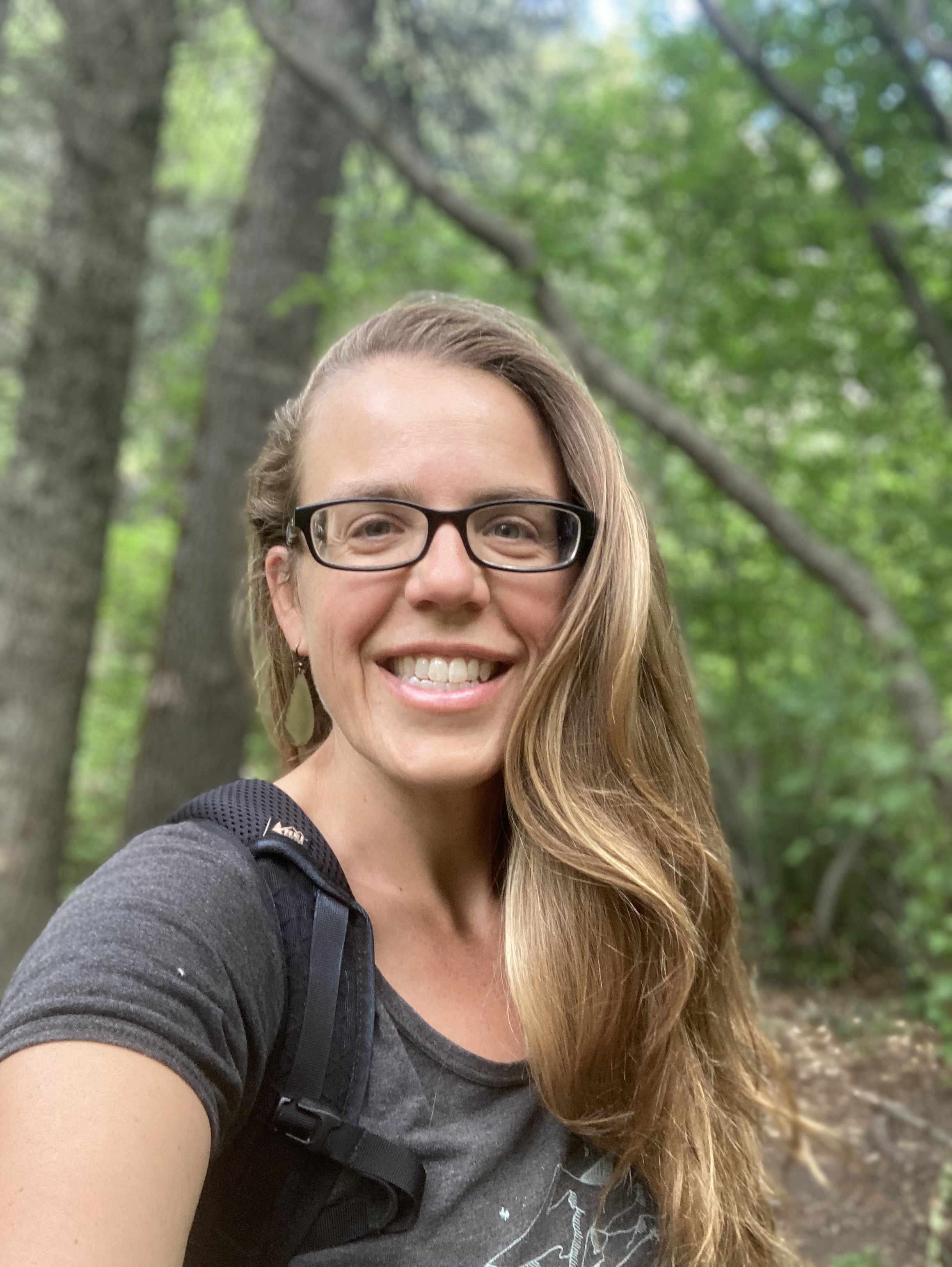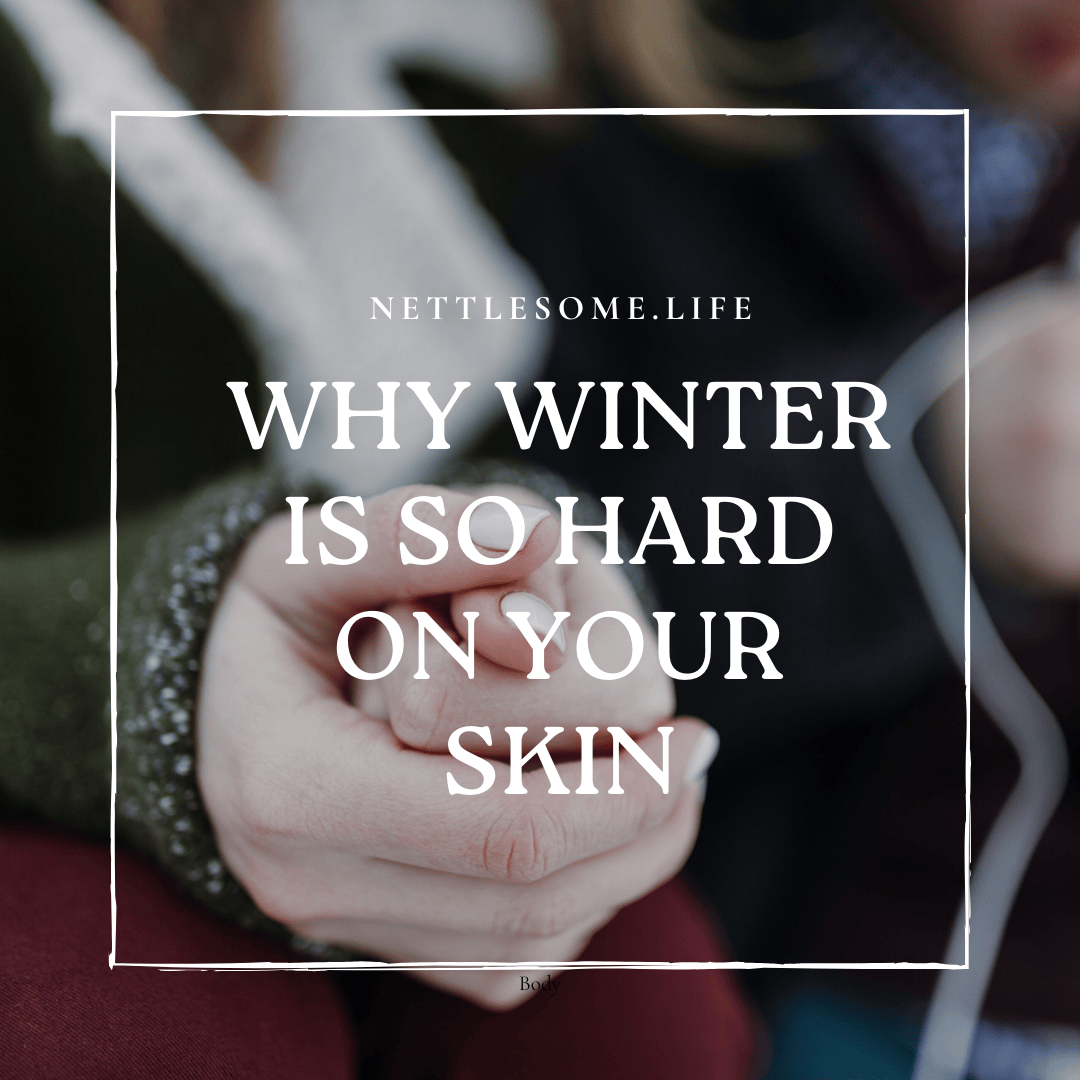Do you know what is in your skincare products?
Have you ever looked at the ingredients in bottle of shampoo or toothpaste, or even dish soap and wondered what an ingredient was? Take Polyethylene Glycols for example. Have any idea what that is? I didn't either until I started making my own skincare and learned about the ingredients that are put into commercial skincare, soap and cosmetic products. That's when I realized I really needed to make my soap as simple as possible. I don't want to to put weird things on my skin that aren't as close to their natural form as possible. And I'm betting you don't either. So let's dive in and get better informed.
Why are there weird additives in commerical skincare?
Many of the additives in commercial products are put there for several reasons:
Consistency of the product ie, emulsifiers or binders, making a product not cake-y, making it smooth and silky etc.
Making the product lather like crazy. A lather that covers you in bubbles or makes you look like your foaming at the mouth doesn't get you any cleaner than one that has normal level of bubbles. It just looks fun.
Being a super detergent or surfactant. I.e. the most famous SLS or Sodium Lauryl Sulfate. SLS has it's place as industrial surfactant cleaning up oil spills and machinery, but not on the human skin. Except in the rare case of poison ivy or oak getting on someone. Then it's great for removing that oil that will not come off.
Preservative. This one is a big one for any product sold on shelf in a store. In order to have a long shelf life you need have preservatives. Products in stores are never stored properly (like in a cold, dry, dark place). You want to see what a store has to offer so things need to be out under lights where it's often warm and bright. Ever wonder why some products smell old even though you just bought them? The oils in them went rancid. Any cosmetics with water ingredients like aloe or hydrosols or even just plan old water, will need a preservative to inhibit the growth of mold and bacteria. It's best to refrigerate these kinds of products like eye creams and moisturizers. But stores often can't do that or won't, so the company who makes the product needs to add preservatives. Sometime several of them.
If the ingredients in your skincare matter to you, which I'm guessing they do as you are reader of this newsletter, I highly recommend this article from the Sustainable Jungle website. They lay out in very simple, understandable language what the 17 major ingredients you should be looking out for are. What you put on your body matters as much as what you put in it! Doesn't it feel great to be an informed consumer?!
Now you maybe be asking, "Ok so what's in Nettlesome pantry soap?" Well, I'm glad you asked!
Plant oils (that are stored in cool dark space)
Essential oils (that are certified 100% pure no fragrance oils here)
plant powders for dyes (no heavy metals to worry about)
rosemary leaf extract (this is the only "preservative" I use. It's not actually a preservative, but rosemary oleoresin helps to stop plant oils from going rancid or at least delay it as long as possible.
"Is that it?" That's it! Because there are no artificial ingredients or preservatives in my soaps, I don't have them on store shelves. They stay in a cool dark studio until you decided to bring them into your home. All my handcrafted soaps have a shelf life, if stored properly, of up to 1 year. Handcrafted natural soap is like a living thing, over time it looses moisture from evaporation and fragrance as the essential oils fade. You might think that's a bad thing but what it means is, your soap is only cleansing you when you use it and not leaving behind forever chemicals that harm you long term. Better for your skin and the environment.
If you are excited to try simple and natural skincare products but don’t know where to start, start with soap. Our Starter Box is a great place to start exploring the world herbal soaps.
If you liked this article make sure to sign up for the Nettlesome Newsletters!








